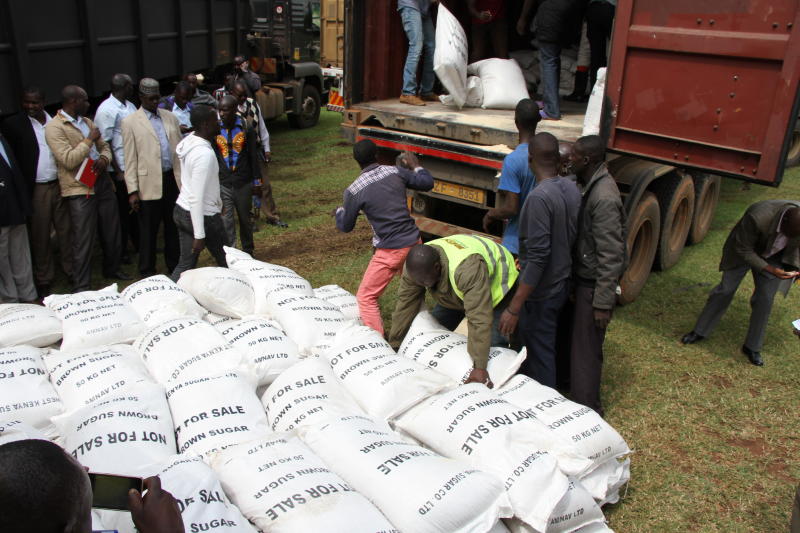
Two contradictory statements on contraband sugar from two Cabinet Secretaries serve to deepen public misgivings on the war against corruption. In the renewed war against the canker of corruption, security agencies came across contraband sugar reportedly imported from Brazil stocked in a warehouse in Eastleigh, Nairobi a week ago. The news then was that the sugar had been condemned at source, therefore unfit for human consumption as it contained mercury and other harmful substances.
Repackaging of the dangerous sugar in packets bearing labels of local sugar millers to disguise its origin sent shock waves among Kenyans, millions of whom consume sugar every day. Notably, the Kabras Sugar packet, a product of the West Kenya Sugar Company was in use, but the company’s management has since denied ownership of the contraband sugar.